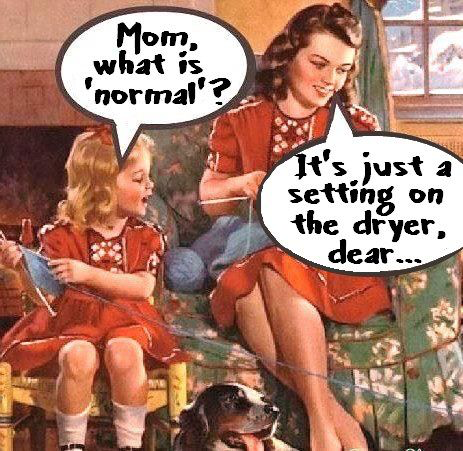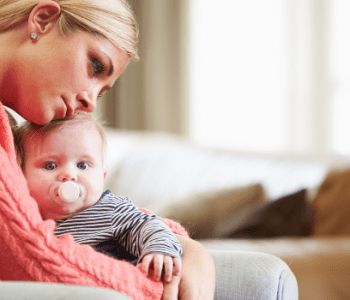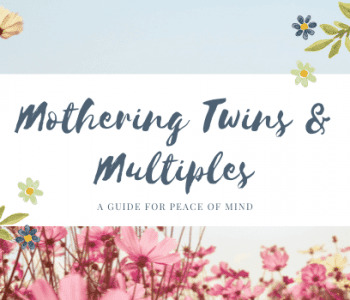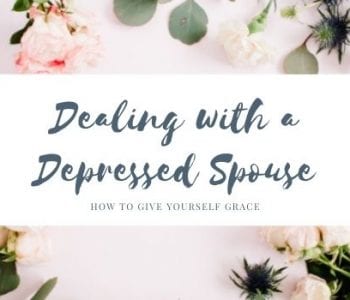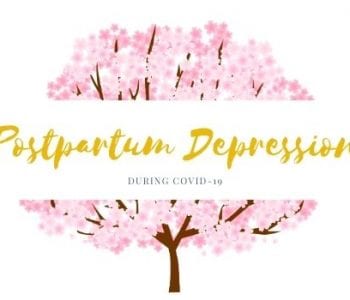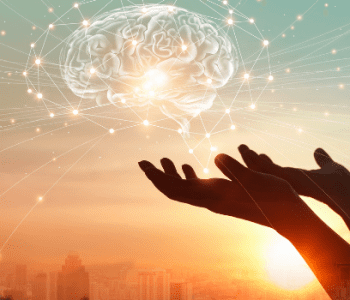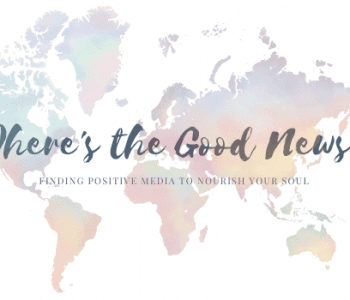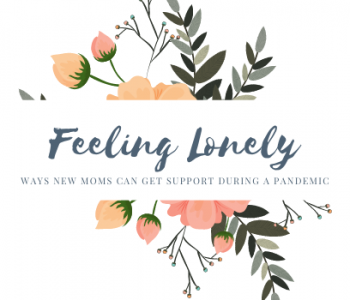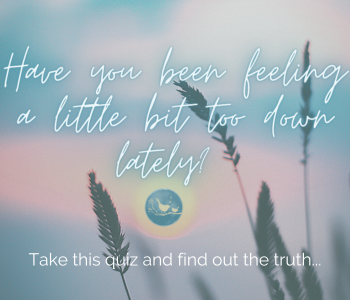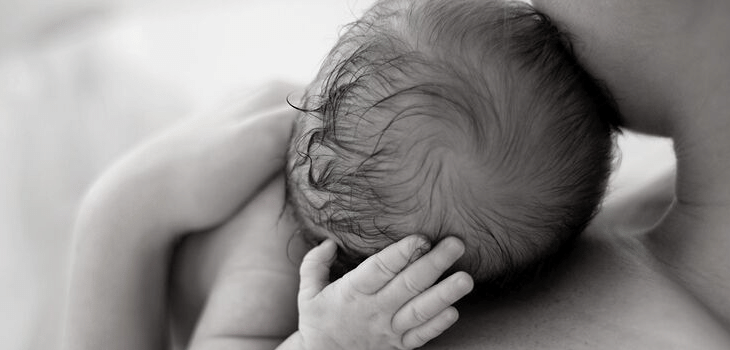 Anxiety
Anxiety
Postpartum Happiness: How to Heal Physically and Emotionally
Your Bundle of Joy has Arrived, Now What? How Does a Woman Change After Having a Baby?
Becoming a mother is no small feat. Quite the contrary. It’s arguably one of the biggest changes a woman will experience in her life, both physically and emotionally. First, simply achieving conception, then carrying another life for months inside our bodies, and finally laboring and delivering a child, becoming a mother involves so many life transitions. Yet, postpartum euphoria can definitely turn into postpartum depression or anxiety. It’s common, normal and affects so many of us moms. Let’s learn more.
A woman’s body, mind and soul will transform multiple times by the time she’s holding her newborn. And that’s just the beginning of her journey. The postpartum period is described as “occurring in or being the period following childbirth” and it is believed to last anywhere from six weeks to six months. Please note that this is a general range. It can last longer or shorter. We’re all different.
During this time, a woman will experience massive hormonal changes (due to postpartum hormones). She’ll attempt breastfeeding. Sleep deprivation will introduce itself. And, she’ll be physically healing no matter the type of birth she had. That’s a lot for just one person to handle. And it’s not even considering the brand new child that’s now in the picture. Is it normal to cry a lot after having a baby? Yes! And you will know when it’s crossed the line to where you may need to ask for help.
I Don’t Feel Quite Right: Postpartum Mood Disorders Explained
The topic of women realizing that they may be dealing with something more than just sleep deprivation, recovery from labor and a complete life change has become more widely discussed, and that’s a really great thing! The “Baby Blues”or Postpartum Depression as well as Postpartum Anxiety are sets of emotional experiences that can often get confused or overlooked.
The “Baby Blues” affects 60-80% of women and most often includes weepiness, anxiety, irritability, poor sleep and feeling vulnerable. A longer, more intense diagnosis of Postpartum Depression is thought to affect 15-20% of women and includes “lack of despondency, tearfulness and intense feelings of inadequacy, guilt, anxiety and fatigue.” Many moms may feel both, at different times.
With Postpartum Depression, there may also be physical symptoms such as headaches and rapid heart rate and moms may feel disconnected from the baby.” Other postpartum disorders are Postpartum Anxiety, Postpartum OCD, Postpartum Post-Traumatic Stress Disorder and Postpartum Psychosis. Each of the disorders should be brought to someone’s attention right away such as a doctor, therapist, close family member or other trusted person close to the mother. Mom Tip: Soul Song Counseling specializes in this kind of counseling. Here for you… just ask.
I Want to Feel Better: Easily Accessible Resources to Pursue Postpartum Happiness (How Long Does it Take to Feel “Normal” After Child Birth?
The good news about women speaking more openly about their struggles during the postpartum phase is that now there are many resources available to help them and their families through some of the challenges. Along with rest and nutrition, asking for help can be invaluable when healing from childbirth.
One type of “help” that a woman and her new family can find that has acquired more attention recently is the role of a postpartum Doula. According to DONA International, doulas can offer “emotional support, evidence-based information and support, practical support” all within the comfort of their own homes if they so wish.
Women can also easily setup an appointment with a local therapist to help sort out these new feelings and roles to better grasp on their new normal. And, Mamas, remember, “normal” is just a setting on the dryer. You know in your heart if you need to reach out. And if you’re reading this, and searching online about the Baby Blues or Postpartum Depression, it could be time.
In the words of Barbara Katz Rothman, “Birth is not only about making babies. Birth is about making mothers – strong, competent, capable mothers who trust themselves and know their inner strength.”
Did this hit home Mama? Schedule a 15-minute consultation with Becca to see if postpartum counseling could help you in your journey right now. Here for you. Just click to email me.
References:
Merriam Webster Dictionary https://www.merriam-webster.com/dictionary/postpartum
Dr. Sarah Allen and Associates Counseling https://drsarahallen.com/category/pregnancy-and-postpartum/
Stanford Children’s Health https://www.stanfordchildrens.org/en/topic/default?id=the-new-mother—taking-care-of-yourself-after-birth-90-P02693
DONA International https://www.dona.org/what-is-a-doula/benefits-of-a-doula/
